When Epic Games scored its unprecedented victory against Apple and Google in Australia last August 12, 2025, it sent shockwaves through the tech world that are still reverberating today. But that Australian courtroom triumph is just one battle in what has become an all-out legal war against Apple's App Store empire, a war that is escalating on multiple fronts and threatening to fundamentally reshape how we think about digital marketplaces. The gloves are off.
The timing could not be more telling. Just days before Apple's highly anticipated annual fall event, two authors filed a copyright lawsuit claiming Apple violated their copyright protections while developing Apple Intelligence. The authors allege that Apple used a software program called Applebot to scrape data from "shadow libraries" such as Books3, with their novels included in these pirated libraries and used to develop Apple's AI without their consent. What began as app store fights has spilled into intellectual property disputes that could set precedents for the entire AI industry. Different battlefield, same stakes.
Why Epic's Australian victory changes everything
Here is what makes the Australian ruling so significant: Epic Games won cases against Apple and Google in Australia on August 12, 2025, when the Federal Court found both companies engaged in misuse of market power in breach of the Competition and Consumer Act. This was not just another regulatory slap on the wrist; it was the first contested application of the new misuse of market power provisions introduced in 2017, a legal template that directly challenges Apple's global defense strategy.
What caught my eye is how thoroughly the court dismantled Apple's usual justifications. Apple was found to have substantial market power in both iOS app distribution and in-app payment processing markets, essentially operating as a monopoly provider. Then the kicker: the Australian court did not just reject Apple's "walled garden" security arguments, it found that Apple's "walled garden" justifications did not excuse anticompetitive conduct in the relevant markets. If security does not outweigh harm, what does?
That ruling sets up a domino effect that Apple is scrambling to contain. When a major developed nation's federal court explicitly rejects the security and privacy defense Apple has leaned on elsewhere, it hands courts in the EU, US, and beyond a ready-made roadmap. The Australian decision signals that Apple's compliance strategies, minimal changes designed to technically meet legal requirements while maintaining control, are increasingly viewed as bad-faith efforts that warrant escalating penalties.
The European Union strikes back with massive fines
While Epic was celebrating in Australia, European regulators were building a case that shows Apple's problems run deeper than any one lawsuit. The European Commission found Apple to be in breach of the Digital Markets Act and ordered the company to pay a €500 million fine while changing how its iOS store operates. This was the EU's first major DMA enforcement action, a clear signal that the enforcement era has arrived.
The Commission zeroed in on something that exposed Apple's strategy in plain view: Apple's anti-steering provisions that prevented developers from informing users of cheaper alternatives outside the App Store. Apple tried a version of compliance, trimming fees and allowing some external links, and regulators essentially said, we see exactly what you are doing, and it is not going to work.
Then came the money question. Apple's revised fee structure, 5% for initial purchases and 10% for ongoing sales, has not satisfied regulators, who argue those fees remain "disproportionate" and anti-competitive. Apple bet it could protect its revenue model with incremental adjustments. Regulators are demanding structural change. The EU's rejection shows the era of cosmetic tweaks is over, regulators now expect genuine competition, not carefully crafted workarounds.
US courts deliver contempt rulings
Pressure spiked in the United States when U.S. District Judge Yvonne Gonzalez Rogers found Apple in contempt of an earlier order in the Epic Games case. This was not a simple finding of non-compliance; it was a determination that Apple willfully failed to comply with a 2021 injunction. A public fracture between Apple and the federal court, in plain sight.
The court's reaction shows how badly the strategy backfired. Gonzalez Rogers referred Apple and one of its executives to federal prosecutors for a possible criminal contempt investigation. When a judge essentially says, prosecutors should take a look at whether this company is criminally violating court orders, Apple’s credibility takes a hit that lingers.
The specifics are blunt. The court barred Apple from using “scare screens” to deter consumers from using third-party payment options and ordered an end to the 27% fee Apple imposed on developers when customers complete purchases outside the App Store. These were not accidental oversights; they were deliberate attempts to maintain control while creating the appearance of compliance. That approach now comes with criminal referrals attached.
What this means for Apple's future
Taken together, the hits paint a precarious picture that reaches beyond any single defeat. The company faces €500 million in fines, €13 billion in tax liabilities, and ongoing antitrust litigation, yet the money is not the main issue. The legal and regulatory foundations that protected Apple's business model for a decade are being chipped away, case by case.
The challenges stack on each other. The DOJ's ongoing antitrust case alleges monopolistic practices in smartphone markets, with potential remedies that legal experts say could—some analysts say—include structural remedies among a range of possible remedies. This is no longer just about App Store fees. It is about whether Apple can keep operating as an integrated technology company.
Watch how one ruling amplifies the next. The Australian court's rejection of security justifications buttresses the EU's DMA enforcement posture. The US criminal contempt referral undercuts claims that Apple's compliance is in good faith. The AI copyright lawsuit highlights how aggressive data collection habits create fresh vulnerabilities at the exact moment Apple needs to look trustworthy.
If regulators force Apple to dismantle its App Store's payment system and distribution controls, the ecosystem's profitability could erode. The bigger risk sits upstream: these cases are laying down precedents that constrain how Apple can innovate and integrate, the very things that define its advantage. We might be watching the beginning of the end of the integrated platform model that powered the smartphone era.
The stakes spill well beyond one company. These courtroom fights could reset how digital marketplaces work, finally prying open the walled gardens that defined the last decade. Whether Apple adapts or begins to lose its grip as a digital gatekeeper, one thing feels certain. The App Store is about to change, and the ripple effects will reshape how the entire tech industry thinks about platform control and consumer choice.




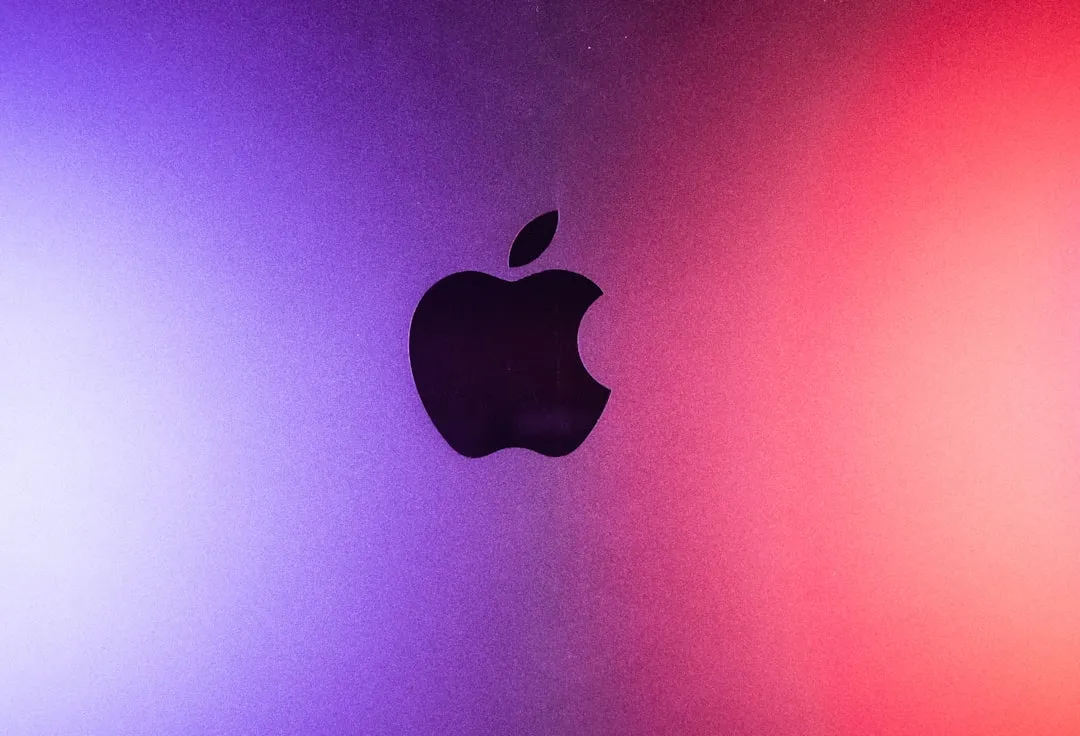



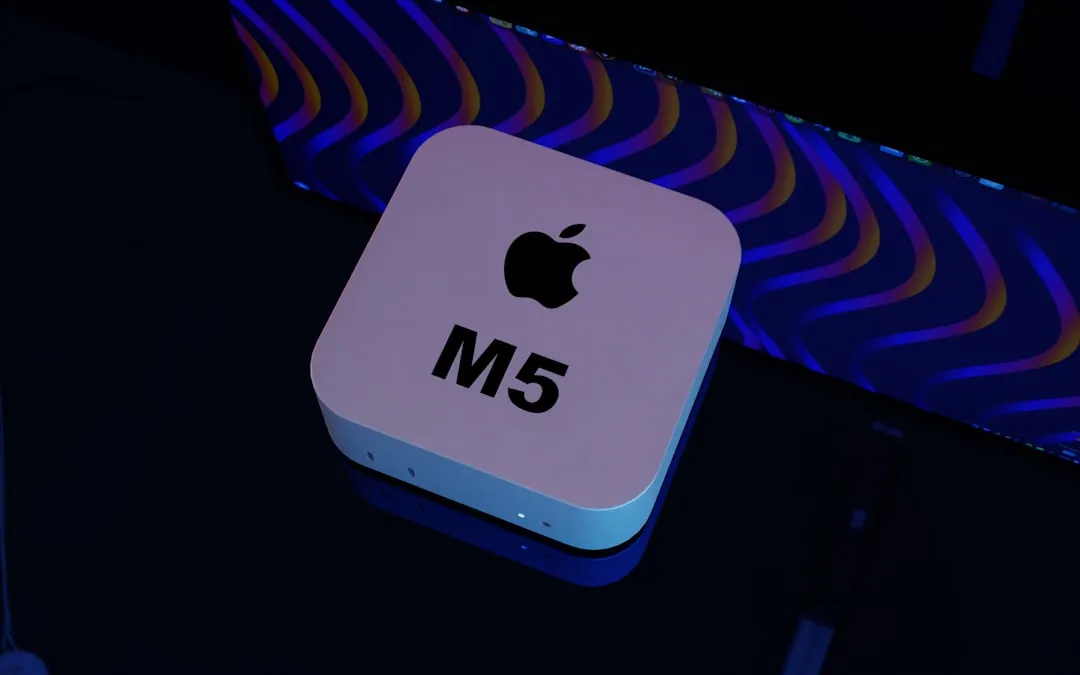
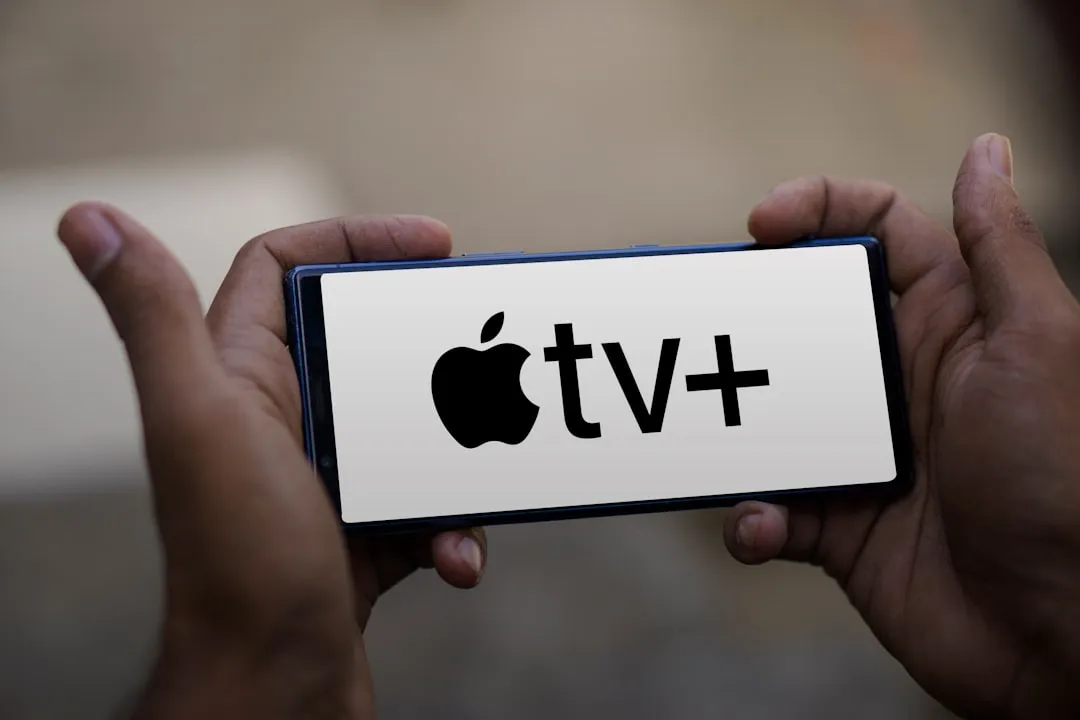


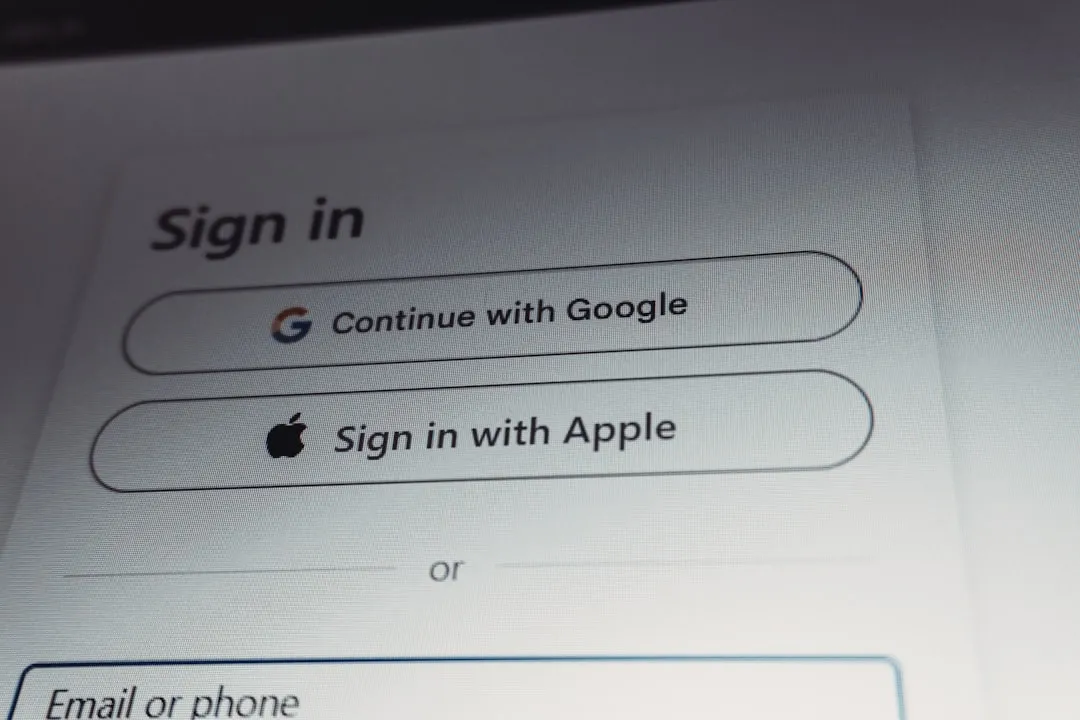

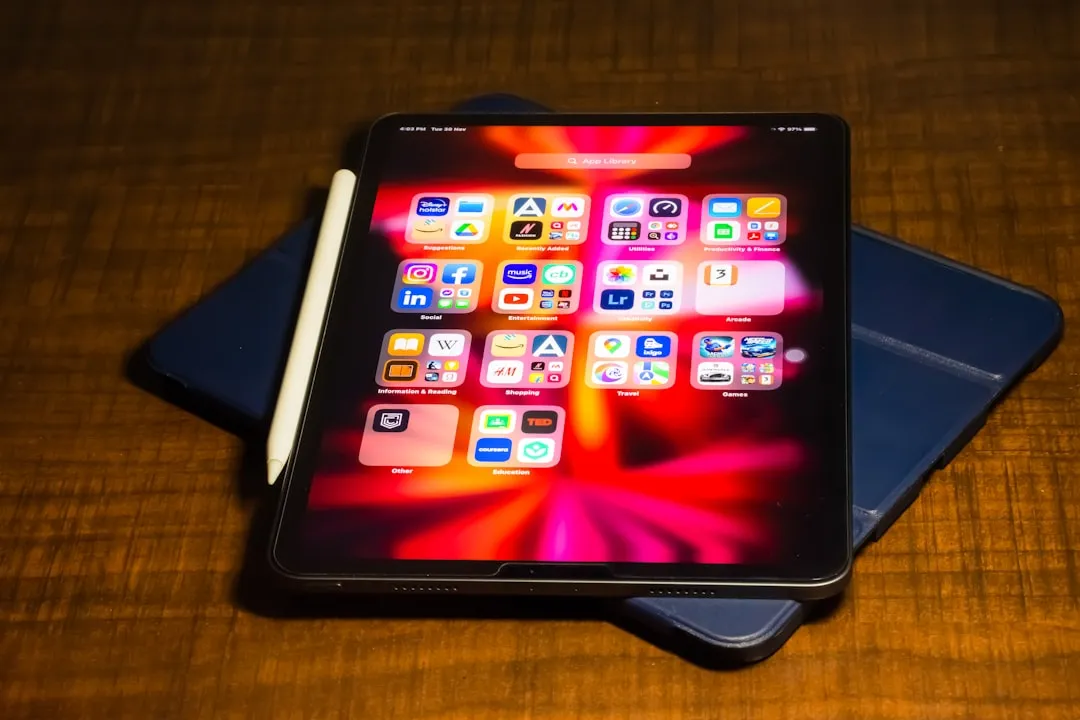
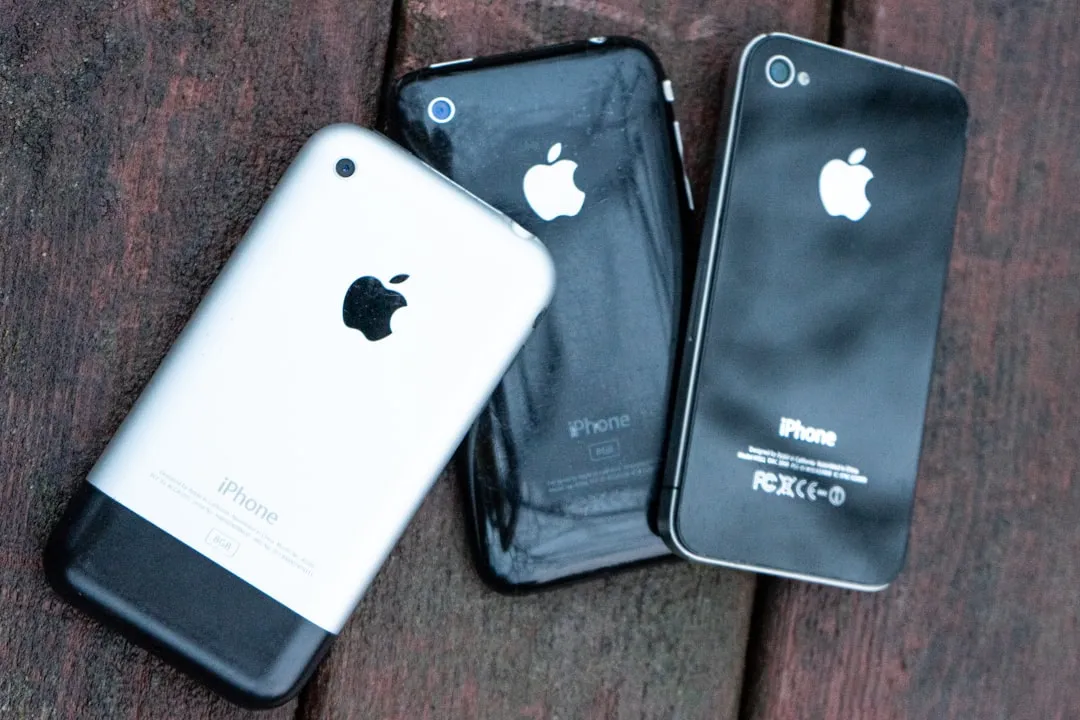
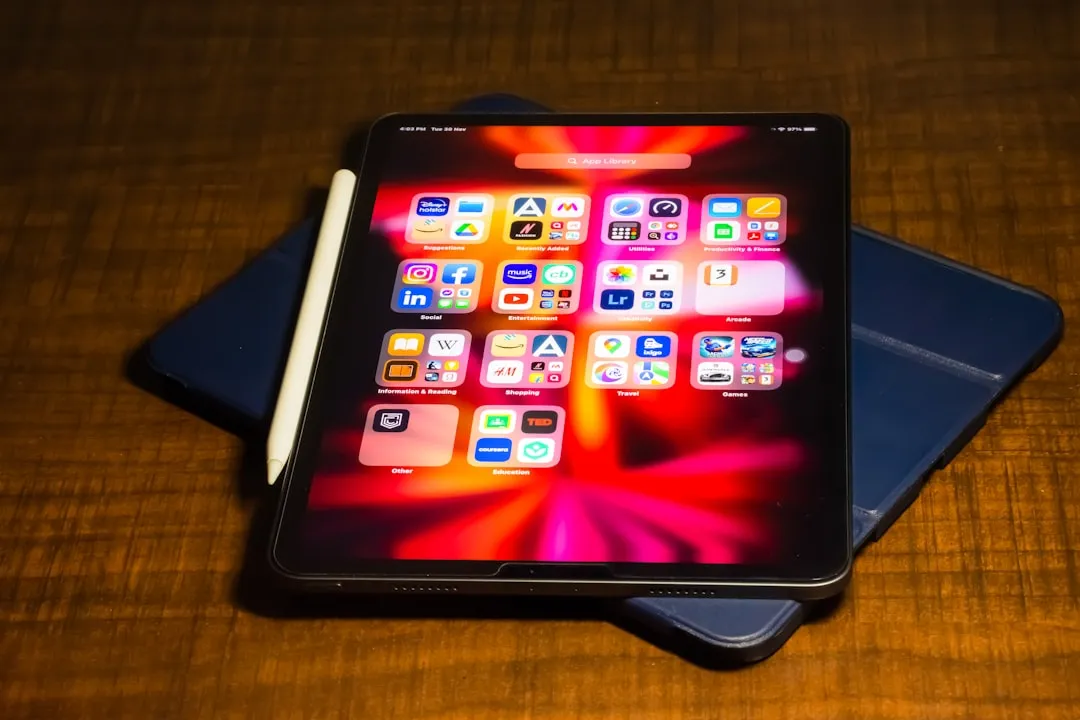

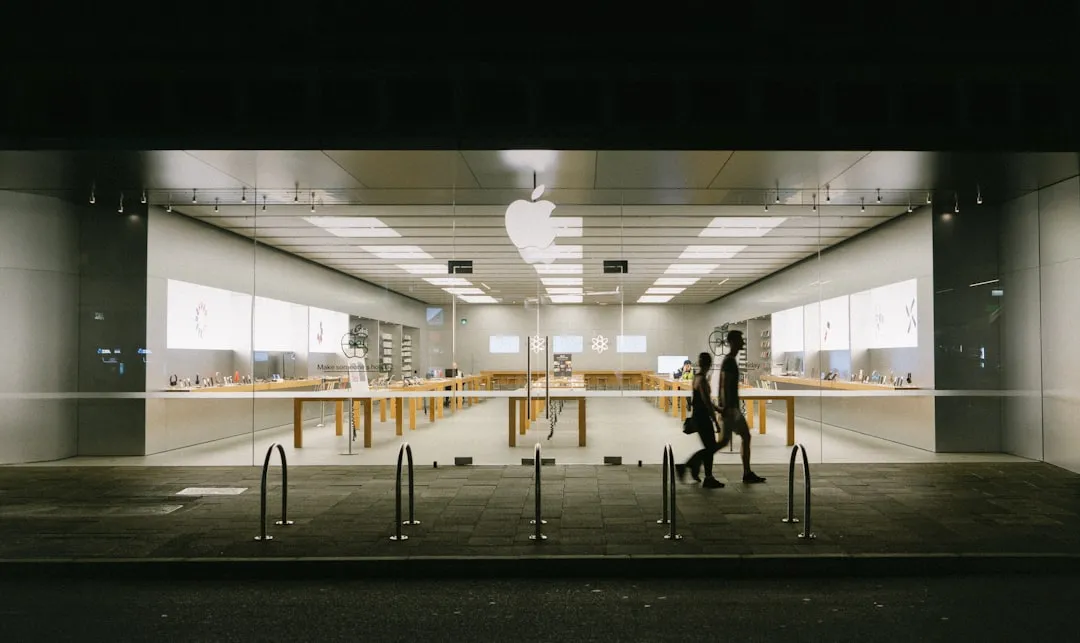
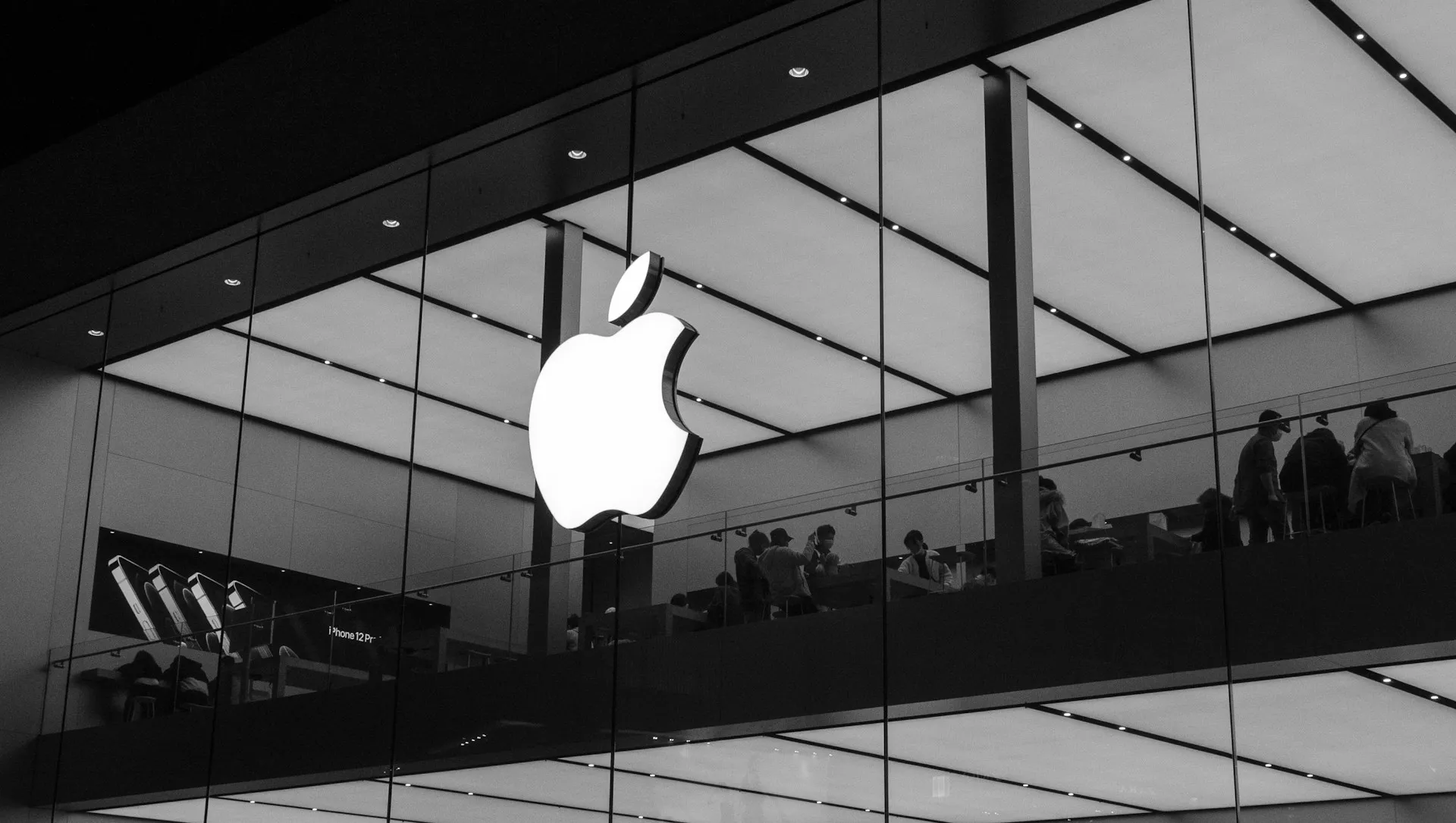
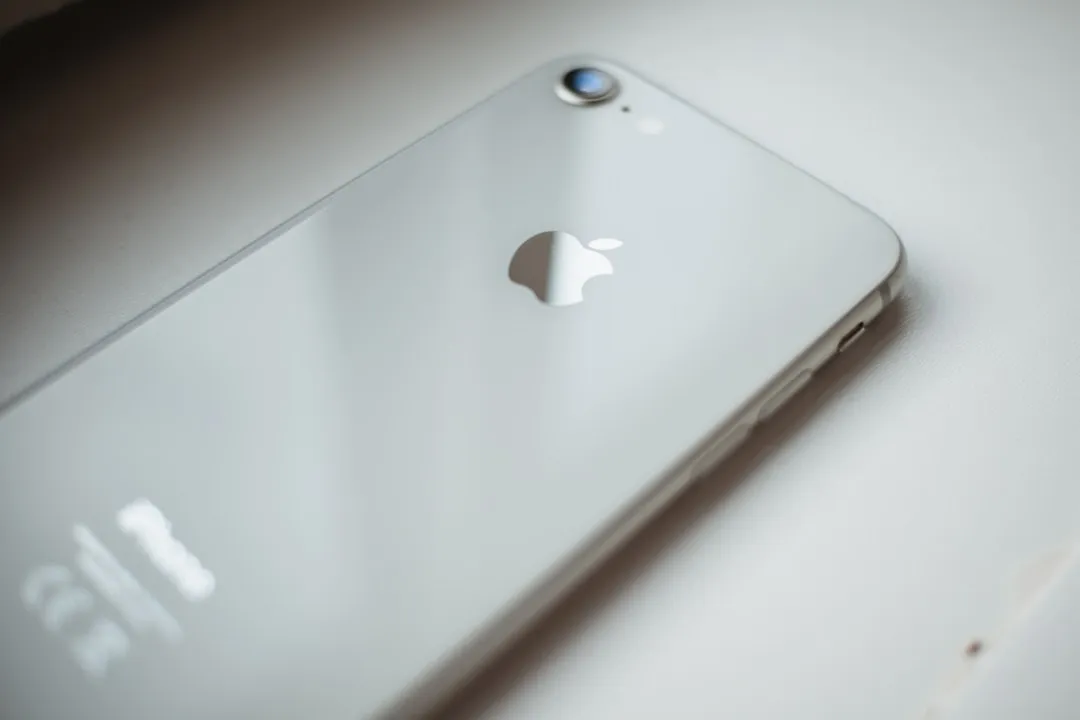


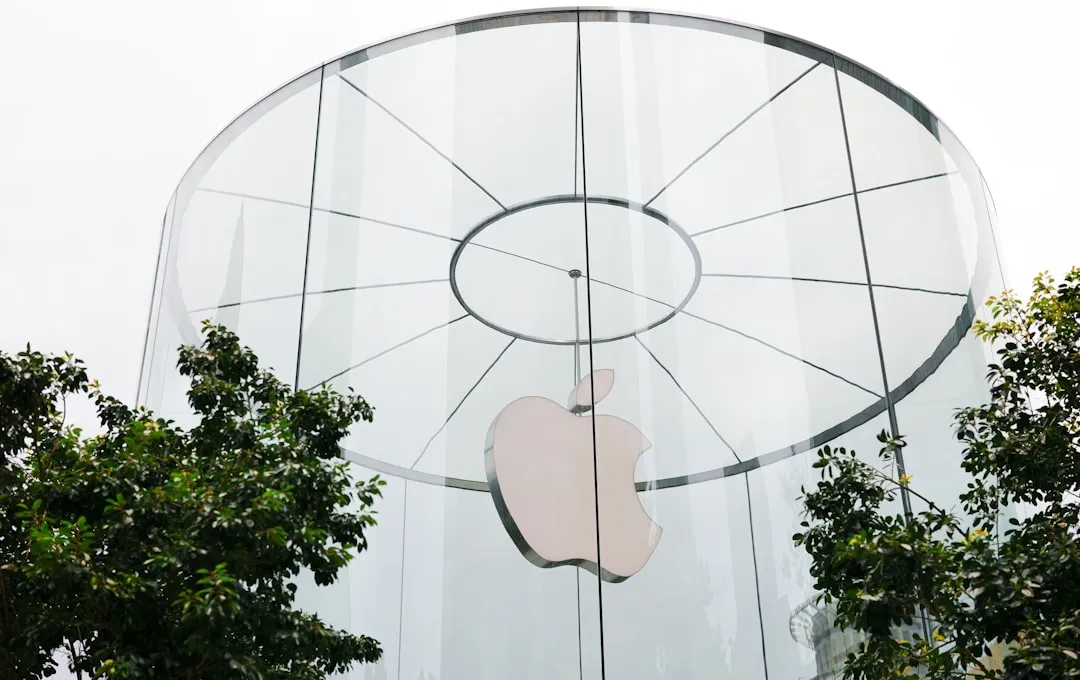

Comments
Be the first, drop a comment!